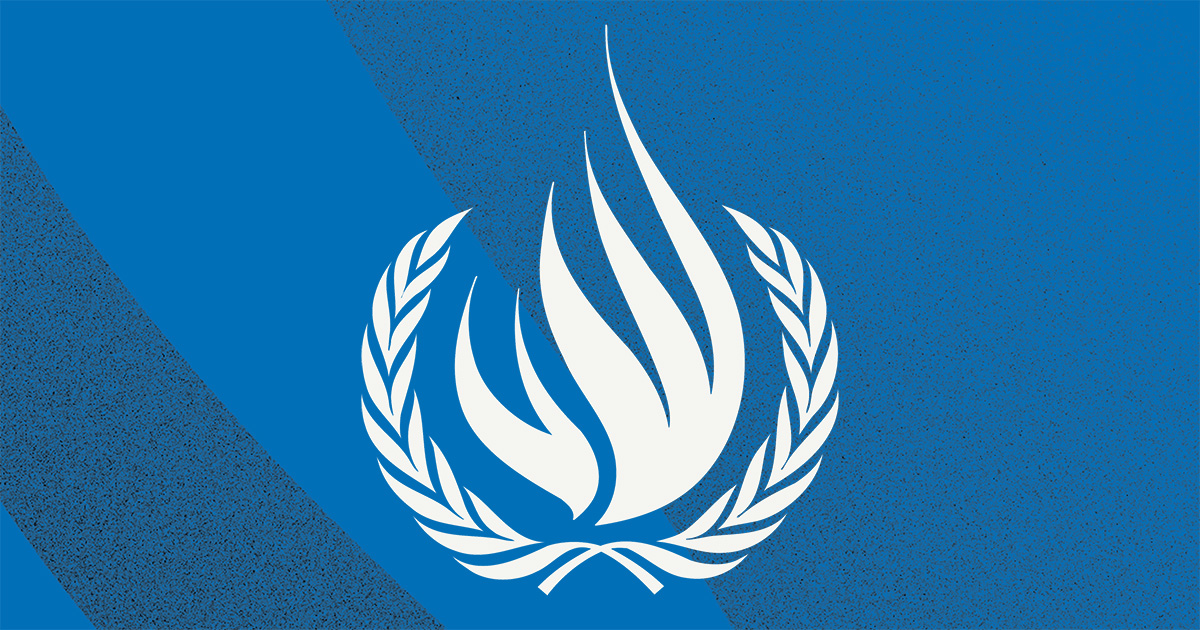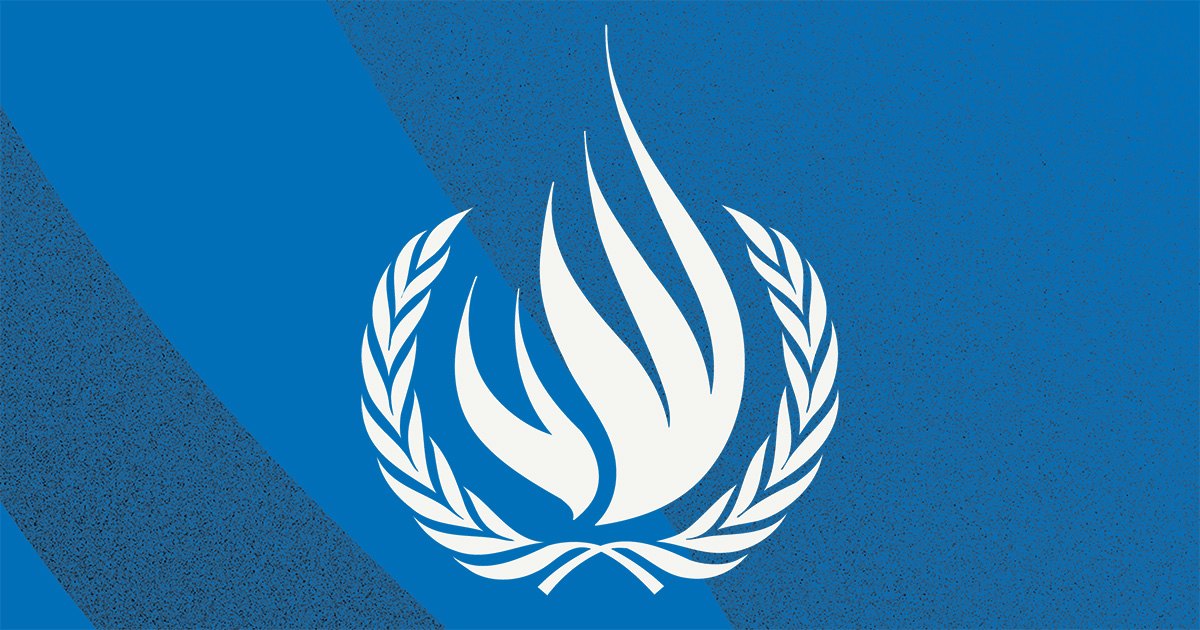
GENEVA (15 July 2022) – A UN expert* today expressed grave concern about the right to fair trial and the status of the Judiciary in Tunisia, after President Kais Saied dissolved the High Judicial Council in February and summarily sacked 57 judges last month.
“I am deeply concerned about the negative impact of recent actions by President Saied on judicial independence and the right to fair trial and access to justice for all people in Tunisia,” said Diego García-Sayán, UN Special Rapporteur on Independence of Judges and Lawyers.
On 13 February 2022, President Saied dissolved the High Judicial Council (HJC), the main guarantor of judicial independence in Tunisia since the 2011 revolution and the country’s democratic transition. The HJC was replaced with the Temporary High Judicial Council appointed by the Presidential Decree. The decree also enabled the President to interfere with the appointment, promotion, and discipline of judges in the country.
“Then on 1 June, President Saied issued a Presidential Decree empowering himself to unilaterally dismiss any judge based on vague, undefined criteria, without due process,” the expert said. “On the same day, he dismissed 57 judges under presidential order.”
The judiciary in Tunisia has temporarily suspended the strike it has been leading since June 6. However, three judges are still on hunger strike since 22 June, and two others have joined since 6 July.
“Under international standards, all disciplinary, suspension or removal proceedings against judges must be determined by an independent judicial body,” García-Sayán said. “I am extremely worried about the health of judges who have made the very personal decision to launch a hunger strike to protest the measures.”
The Special Rapporteur urged authorities in Tunis to address the underlying concerns of the judicial strike and take necessary measures to ensure the independence of the judiciary and the tenure of judges.
“I have requested a visit to Tunisia since April 2022. I would like to reiterate this request to visit the country before my mandate ends this year. I remain available for meaningful dialogue on this critical issue,” the expert said.
*Mr. Diego García-Sayán was appointed Special Rapporteur on the independence of judges and lawyers in December 2016. Mr. García-Sayán was a judge of the Inter-American Court of Human Rights for two consecutive terms. He has broad experience working for multilateral organizations such as the United Nations and the Organization of American States.
Special Rapporteurs are part of what is known as the Special Procedures of the Human Rights Council. Special Procedures, the largest body of independent experts in the UN Human Rights system, is the general name of the Council’s independent fact-finding and monitoring mechanisms that address either specific country situations or thematic issues in all parts of the world. Special Procedures experts work on a voluntary basis; they are not UN staff and do not receive a salary for their work. They are independent of any government or organisation and serve in their individual capacity.
UN Human Rights, Country Page – Tunisia
For further information and media requests, please contact: Melanie Santizo (+41 22 917 9963 / melanie.santizosandoval@un.org).
For media enquiries regarding other UN independent experts, please contact Jeremy Laurence (+41 79 444 7578 / jeremy.laurence@un.org) or Dharisha Indraguptha (+41 79 506 1088 / dharisha.indraguptha@un.org)
Follow news related to the UN"s independent human rights experts on Twitter @UN_SPExperts.
Concerned about the world we live in?
Then STAND UP for someone"s rights today.
#Standup4humanrights
and visit the web page at http://www.standup4humanrights.org





